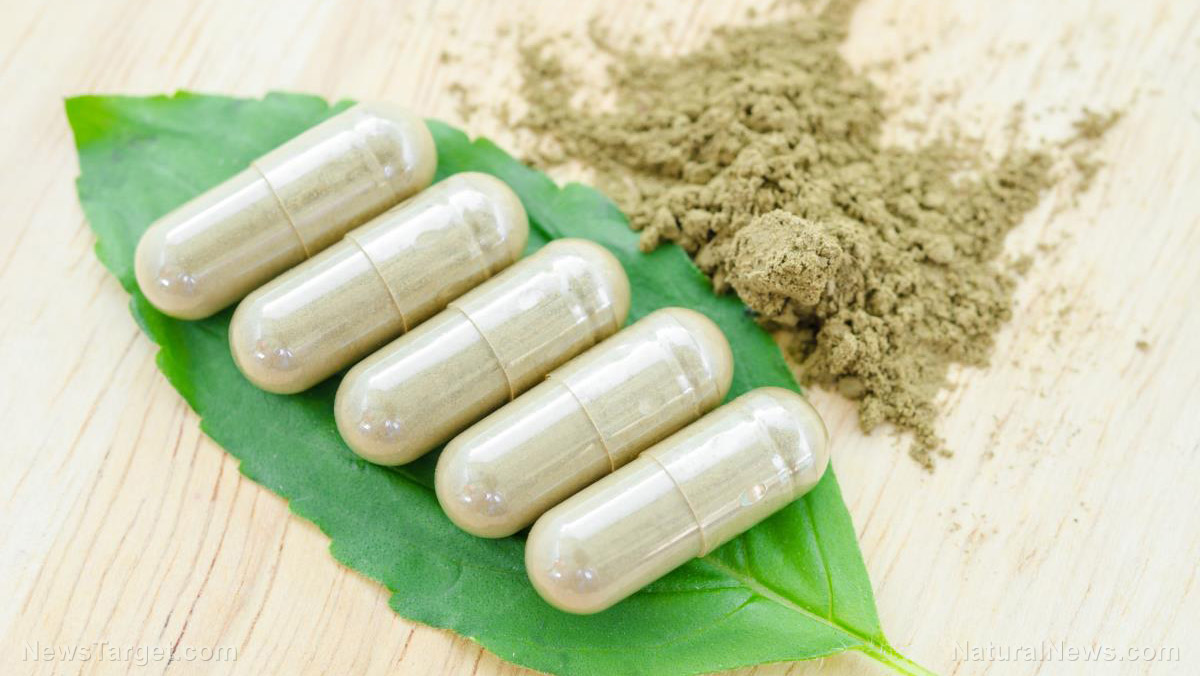Nutritionists say that selenium, vitamin K2, and nicotinamide riboside should be taken on their own and not as part of a multivitamin
08/01/2018 / By Michelle Simmons

Nutritionists suggested that vitamins such as selenium, vitamin K2, and nicotinamide riboside could be taken on their own and not as part of a multivitamin. Recent studies have uncovered new indications for these ingredients as standalone products.
The nutritional benefits of selenium were first discovered in a long-term trial on nutritional prevention of cancer that started in 1983. The nutrient was found to reduce the risk of certain cancers, such as colon, lung, and prostate cancers. Research has also shown that selenium plays an important role in supporting prenatal health and early childhood development – the first 1,000 days of life. In fact, low levels of selenium can be significantly associated with a greater incidence of preterm births. Moreover, selenium is not costly, so including it in a multivitamin formulation is more of a marketing choice instead of a cost-in-use calculation. (Related: Selenium – an Essential Mineral which You Need to Increase Consumption.)
Vitamin K2 as a vitamin for arterial health
Vitamin K has two main forms: phylloquinone or vitamin K and menaquinone or vitamin K2. Vitamin K2 is essential to calcium mobility into and out of the bones, while vitamin K plays a role in blood clotting factors. Vitamin K2 is a substance that can be obtained from naturally fermented products like cheese and the fermented soybean paste called natto, while vitamin K is found in leafy green vegetables.
Unlike selenium, the cost of vitamin K2 has been an obstacle. Fortunately, the cost has gone down by 80 percent in the past few years and the nutrient can now be seen in a lot of bone health formulations.
In addition to bone health, vitamin K2 has another function. Recent research has found vitamin K2 to support vascular health as well. Its capacity to regulate calcium transport has been investigated as a mechanism of action in contributing to the prevention of arterial wall stiffening and arterial plaque development. A study conducted by researchers at Erasmus Medical Center Rotterdam in The Netherlands found that healthy people who consumed the most vitamin K2 had 50 percent less calcium in their arteries. Vitamin K2 intake also cut their risk of death from coronary heart disease by half. However, marketing vitamin K2 for arterial health might be difficult.
“The problem is that the traditional medical community doesn’t talk about hardening of the arteries because there is no drug treatment per se. Only vitamin K2 has shown activity with the proteins involved in arterial calcification,” explained Eric Anderson, head of global sales and new business development for Norwegian company Nattopharma.
Nicotinamide riboside for brain and physical health
Nicotinamide riboside is a form of vitamin B3 or niacin, which is one of the oldest vitamin ingredients in the market. Recent studies on this ingredient have revealed its many health benefits, improving symptoms of diabetes.
Vitamins and minerals are important nutrients because they perform hundreds of functions in the body. Most of these nutrients are found in food, but they can also be taken in supplements. However, you must also be cautious when taking them because there is a fine line between getting enough of these nutrients, which is healthy, and taking too much, which can be harmful. Following a healthy diet is still the best way to get enough of the vitamins and minerals you need.
Read more news stories and studies on vitamins and supplements by going to SupplementsReport.com.
Sources include:
Tagged Under: minerals, multivitamins, nicotinamide riboside, nutrients, nutrition, selenium, supplements, vitamin K2, vitamins




















